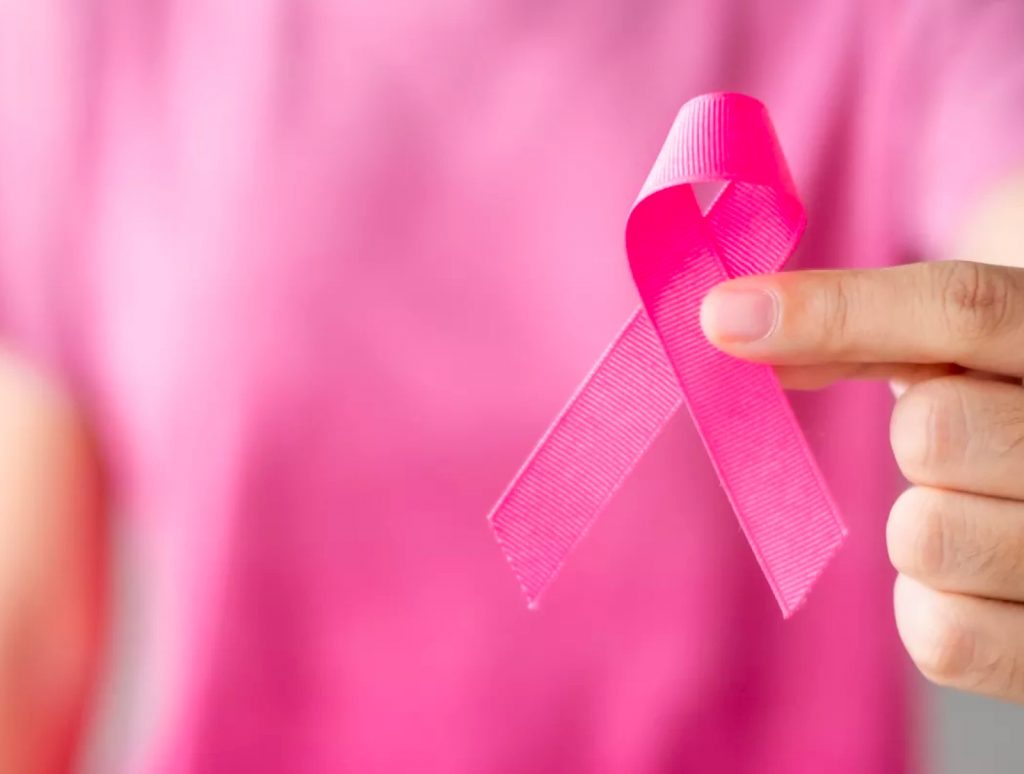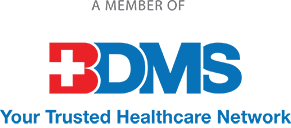If the idea of getting a mammogram seems daunting, don’t worry. Here are a few things to bear in mind before the procedure from the doctors at the Bangkok Hospital Siriroj.
It’s perfectly normal.
Getting any kind of medical procedure can be unnerving, especially if it is even tangentially related to cancer. A mammogram is a completely standard, routine check-up recommended for everyone with breasts of a certain age. In other words, it’s no big deal and nothing to be worried about.
A mammogram is fairly painless and easy to schedule.
Although a mammogram can be mildly uncomfortable, it is free of pain for most women, although women with dense breast tissue may find it more uncomfortable than others. The screening can usually be completed in under half an hour. When the procedure is over, you are free to leave the hospital. This is a simple check that is easy to work into even the busiest of schedules.

It could save your life.
Let’s be honest: few people enjoy the thought of undergoing a medical screening of any sort. Yet a mammogram is one minor inconvenience that can offer you peace of mind and potentially save you from a life-threatening illness. When detected early, breast cancer is often treatable through breast conseervative surgery, chemotherapy, radiation therapy, or a combination. If breast cancer is discovered at a later stage, however, doctors may need to resort to drastic measures, such as removing one or both breasts, and will have fewer viable options.
Once you find the right doctor, it’s best to stick with them.
Even if a new doctor has access to your medical records and previous mammogram screenings, it is always a good idea to stay with a physician that you trust who knows your body.
Don’t wear deodorant or antiperspirant to your appointment.
Especially in a hot, humid climate like Thailand’s, putting on deodorant feels like second nature. However, this can show up on the mammogram and may interfere with an accurate reading.
Not everything that shows up on a mammogram is a sign of cancer.
Cysts, fibroadenomas and other benign lumps are common in breasts. If your doctor finds something that requires further examination, that does not necessarily mean that you have breast cancer.
Women should start getting them regularly once they turn 40.
Start getting tested every other year at age 40 and every year at age 45 to make sure that you are healthy. If you have a family history of breast cancer, it is recommended that you have bi-yearly screenings when you turn 35 years and yearly screenings at 40 years of age.
